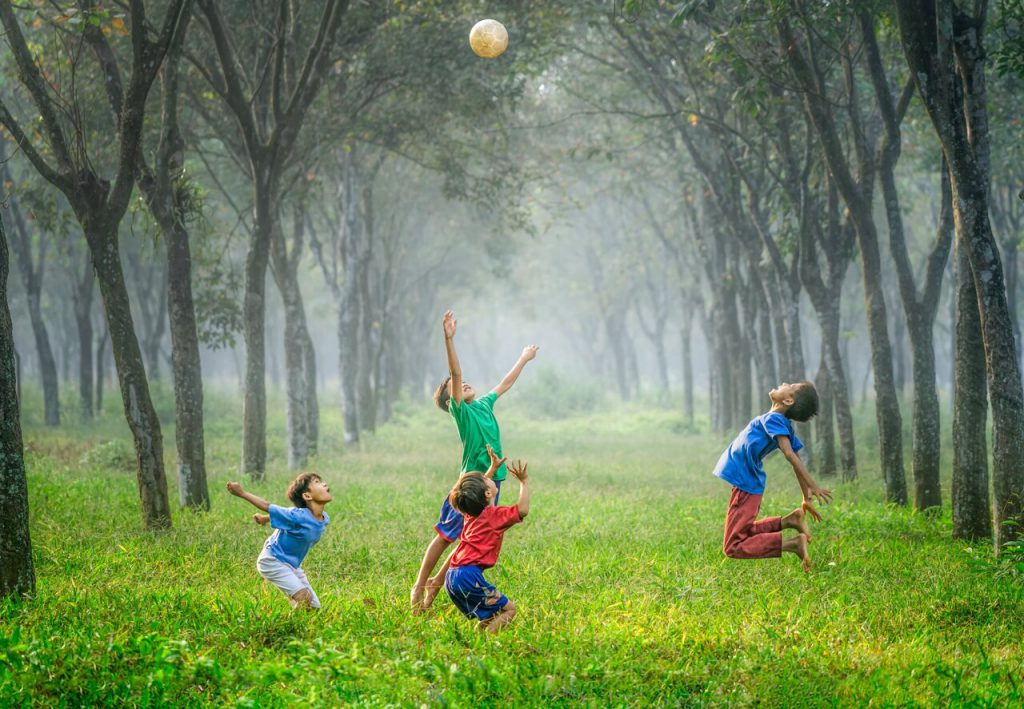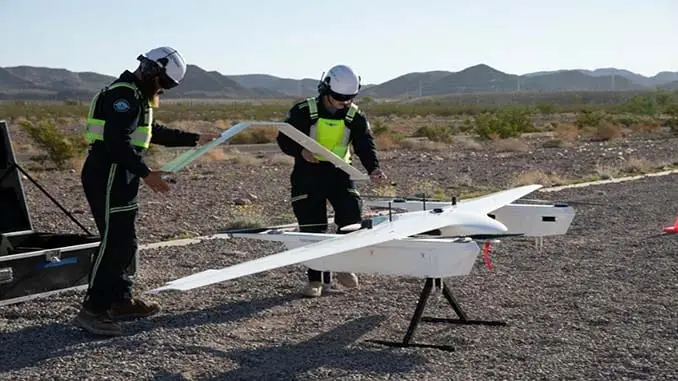Nurturing Nature’s Explorers: Montessori Pedagogy and a Child’s Bond with the Natural World
August 23, 2023 2023-08-23 9:16
Nurturing Nature’s Explorers: Montessori Pedagogy and a Child’s Bond with the Natural World
Introduction:
In a world dominated by screens and technology, it’s crucial to foster a deep connection between children and the natural world. Montessori pedagogy, known for its child-centered and holistic approach to education, does just that. In this article, we’ll delve into how Montessori education promotes a strong bond between children and the environment, fostering curiosity, exploration, and a lifelong appreciation for nature.
Montessori Pedagogy: A Holistic Approach
Montessori education goes beyond textbooks and classroom walls. It’s a philosophy that recognizes the importance of nurturing a child’s mind, body, and spirit. By incorporating nature into the learning environment, Montessori educators tap into a wellspring of opportunities for growth and development.
Learning through Hands-On Experience:
One of the cornerstones of Montessori pedagogy is hands-on learning. In the context of the natural world, this translates to outdoor exploration. Whether it’s observing insects in a garden, planting seeds, or identifying different types of leaves, Montessori children are encouraged to engage with nature firsthand.
Sense of Wonder and Curiosity:
Montessori pedagogy thrives on igniting a child’s natural curiosity. Nature provides an endless supply of mysteries waiting to be uncovered. Through outdoor adventures, children learn to ask questions, observe closely, and seek answers. This process instills a lifelong habit of inquiry and a deep appreciation for the intricacies of the world around them.
Respect for the Environment:
Maria Montessori believed that education should inspire a love for all life forms and an understanding of our interconnectedness with nature. By caring for plants, animals, and natural spaces, children learn empathy and responsibility. These values lay the foundation for environmentally conscious citizens who will shape a sustainable future.
Freedom to Explore:
In Montessori classrooms, children are given the freedom to choose their activities. This extends to outdoor exploration as well. This freedom encourages children to follow their interests, be it collecting leaves, observing birds, or studying the patterns in a pond. Such autonomy nurtures a love for independent learning and nature.
Link to the Natural World in Everyday Learning:
Montessori educators seamlessly integrate nature into everyday learning. Mathematics can be taught through counting objects in nature, language through nature-inspired stories, and science through observing the changing seasons. This connection to nature enriches the learning experience and makes it more relatable.
Conclusion:
In the Montessori classroom, the natural world becomes a vibrant and integral part of a child’s education. Through outdoor exploration, hands-on experiences, and a deep respect for the environment, Montessori pedagogy fosters a strong bond between children and nature. This connection not only enhances their learning but also shapes them into responsible stewards of the Earth. To learn more about how Montessori pedagogy promotes a child’s connection to the natural world, check out this insightful video: [Link to the video]
Related Posts
Nurturing Nature’s Explorers: Montessori Pedagogy and a Child’s Bond with the Natural World
August 23, 2023 2023-08-23 9:16Popular Tags






























